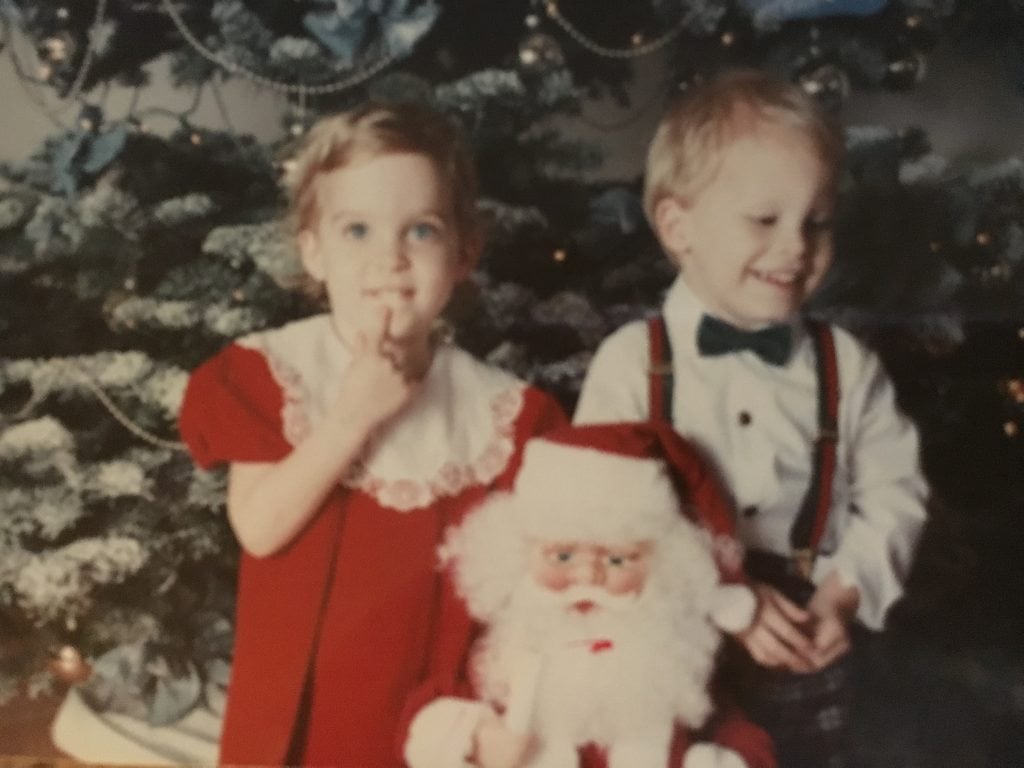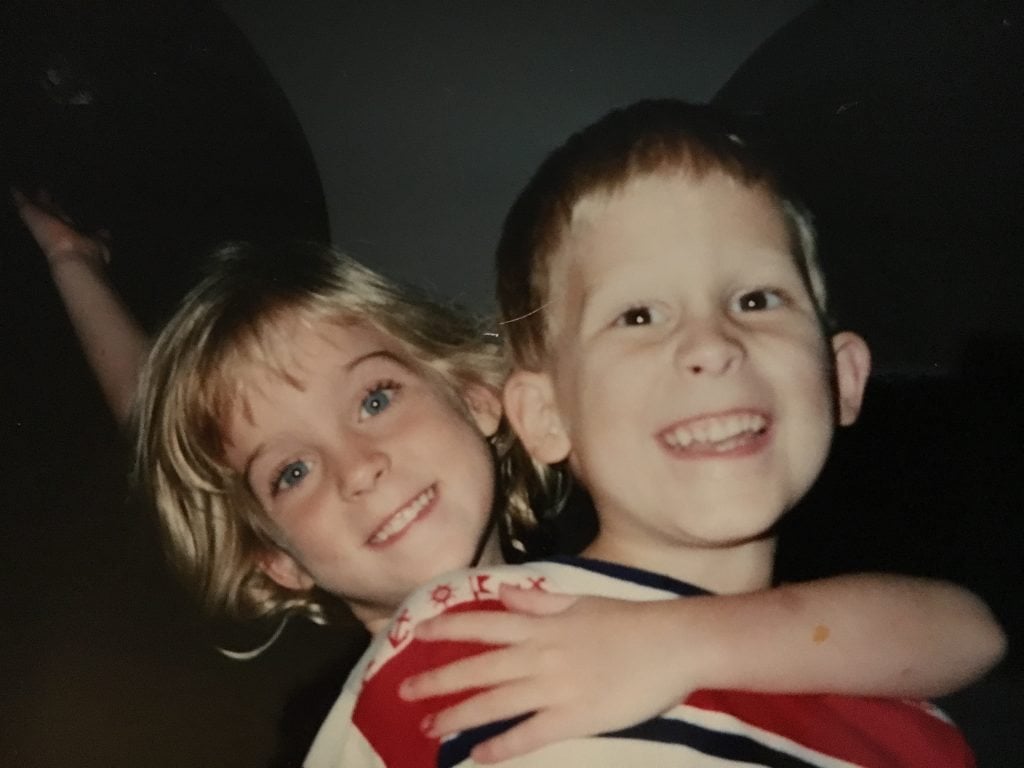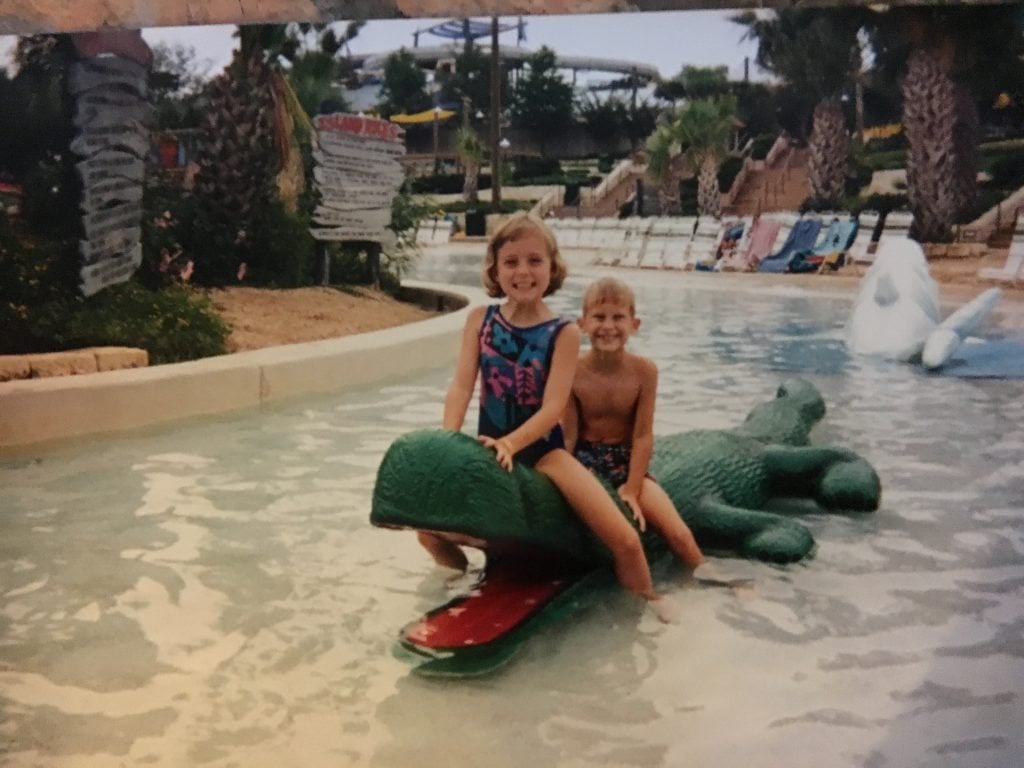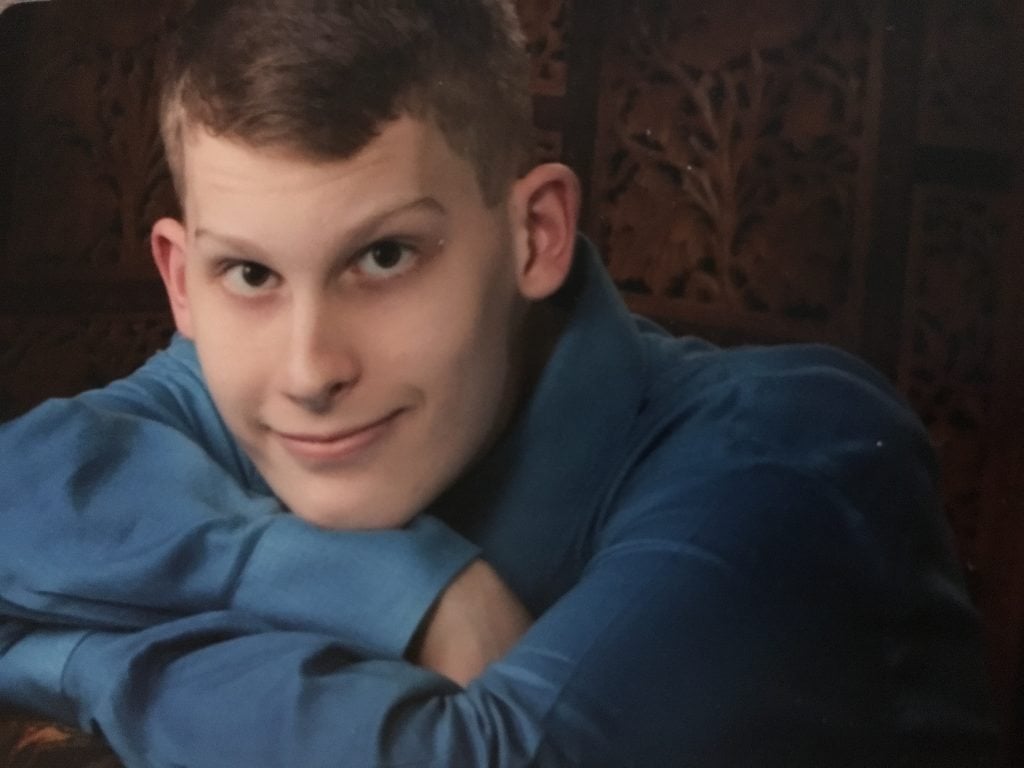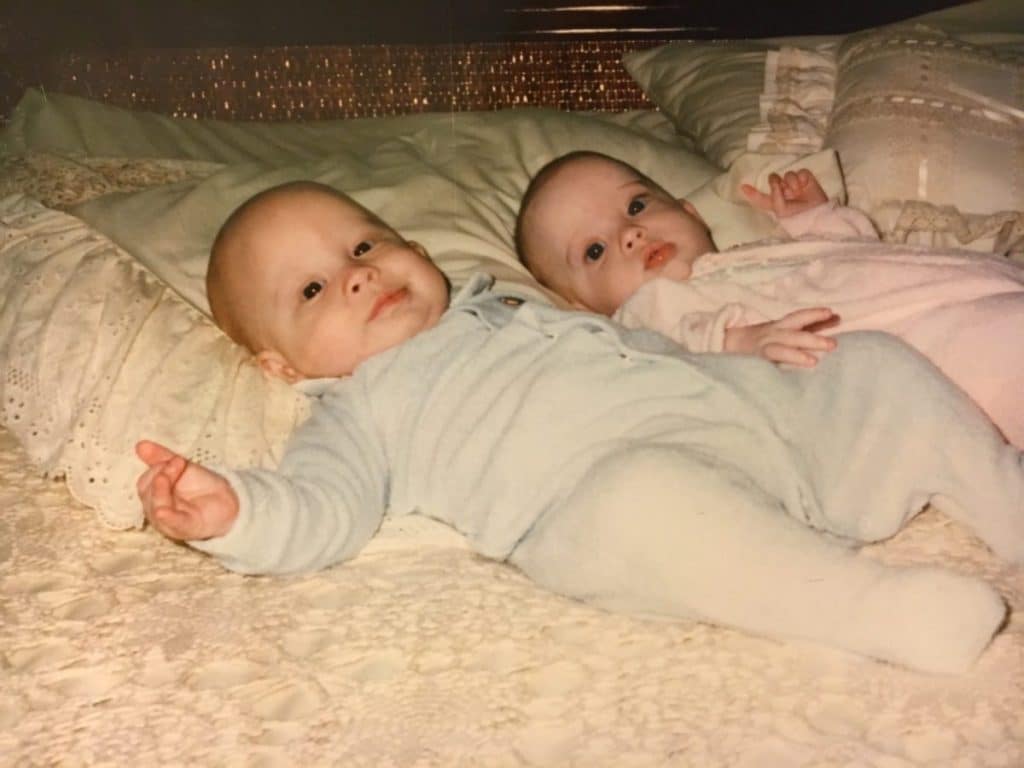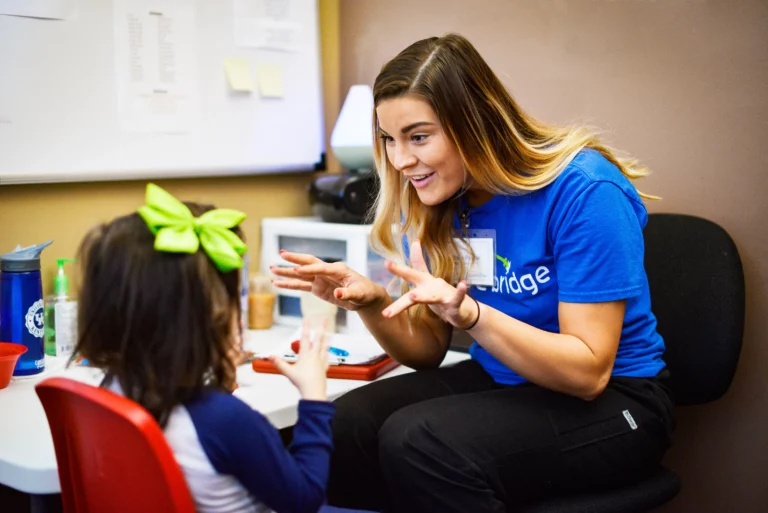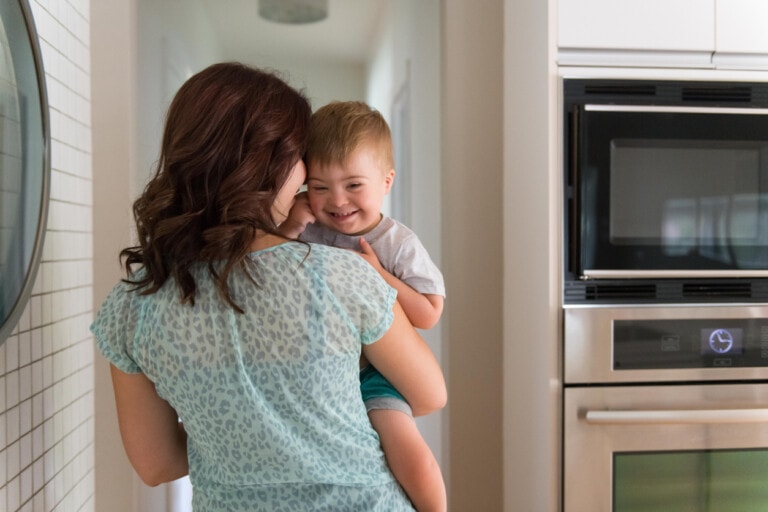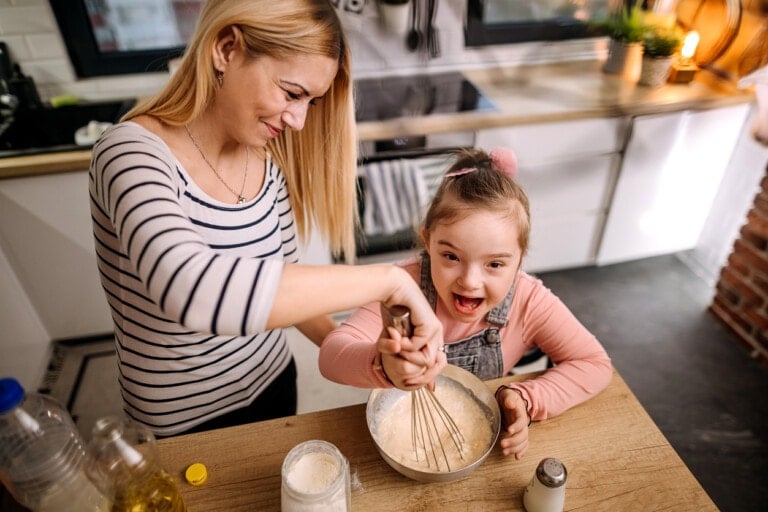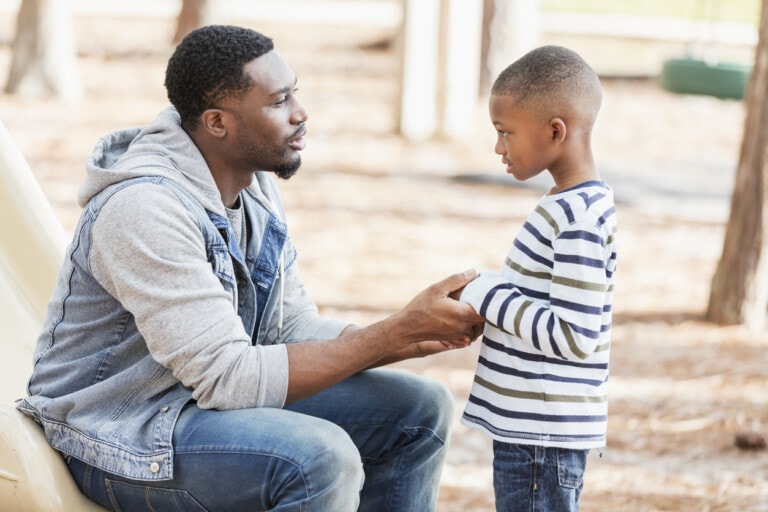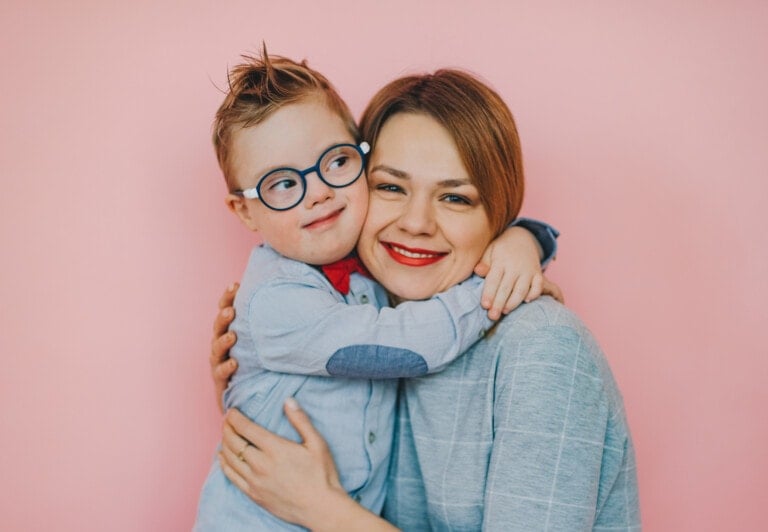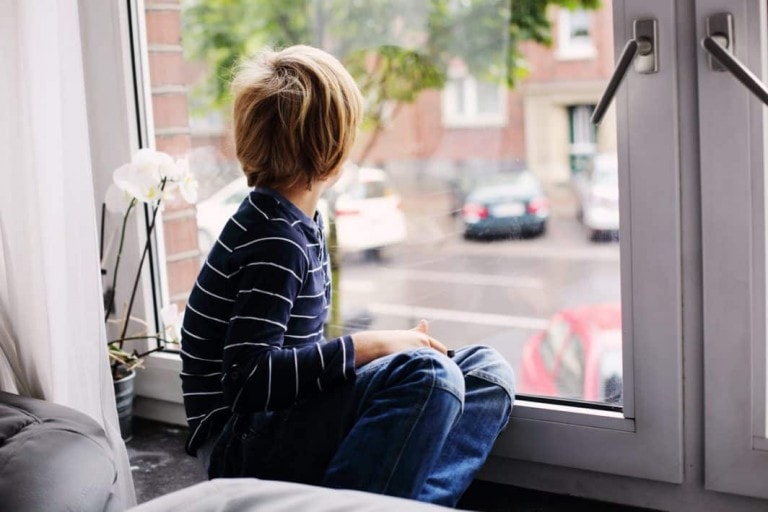Not many people know that I have a brother. And not only that, he is my twin brother! People are always shocked when I tell them that I am a twin and most people immediately assume that I have a twin sister. But I don’t. I have a sweet big, twin brother; he is 30 seconds older than me. 😉
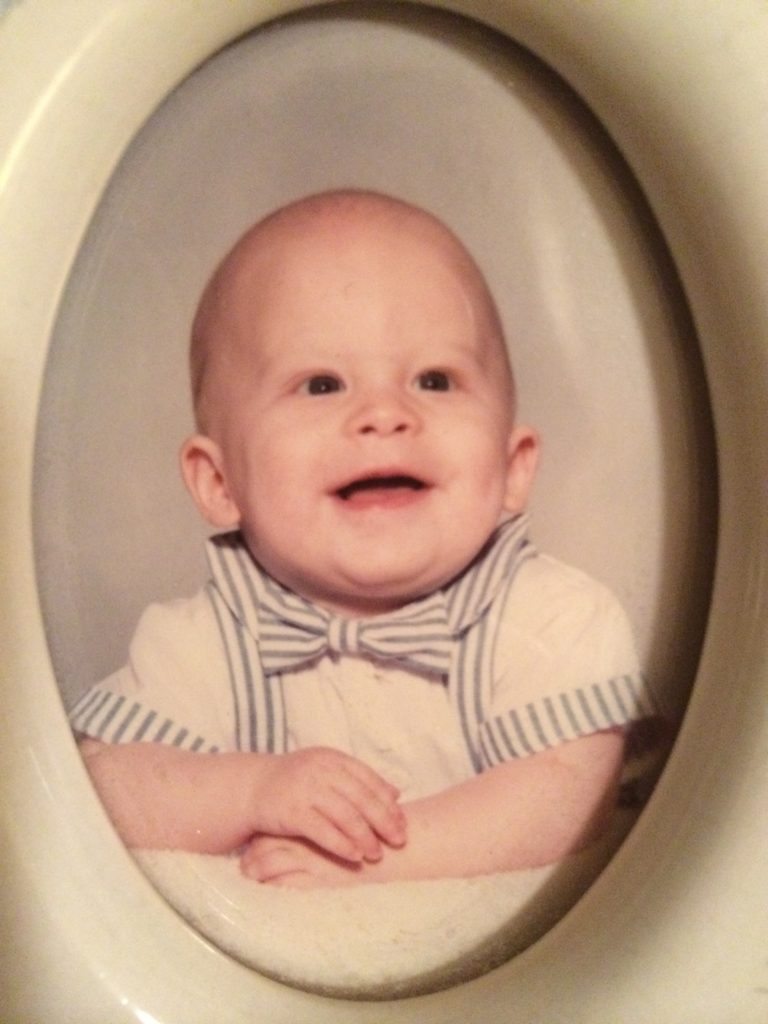
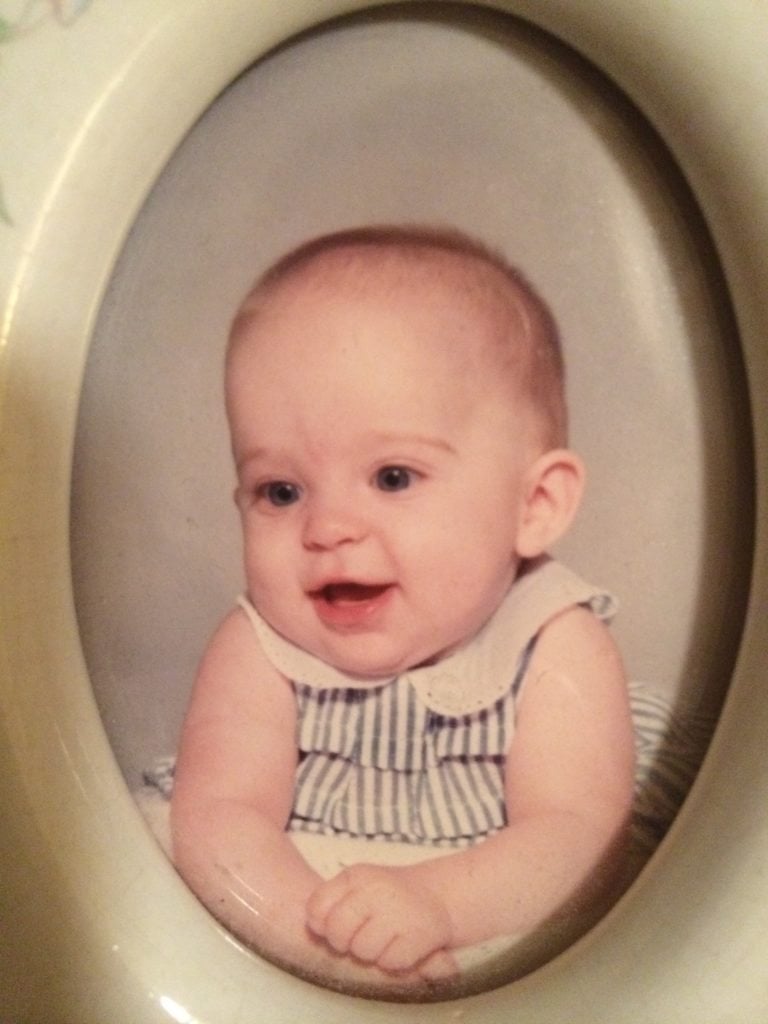
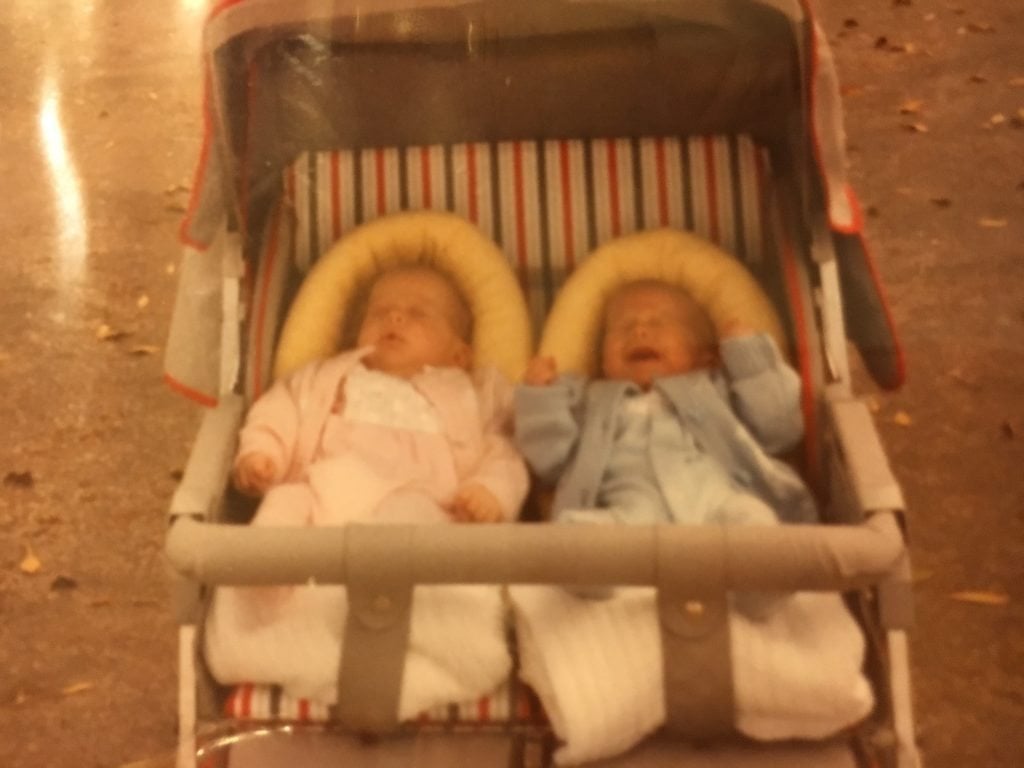
When you’re a twin, life is completely different than being a singleton. When there is just one newborn, parents are able to focus on one baby. There’s only one newborn mouth to feed, only one that will cluster feed all throughout the day and night, one new baby bottom to wipe, and one newborn to soothe. Those late nights and early mornings are spent giving this one new, little bundle of joy your love and attention.
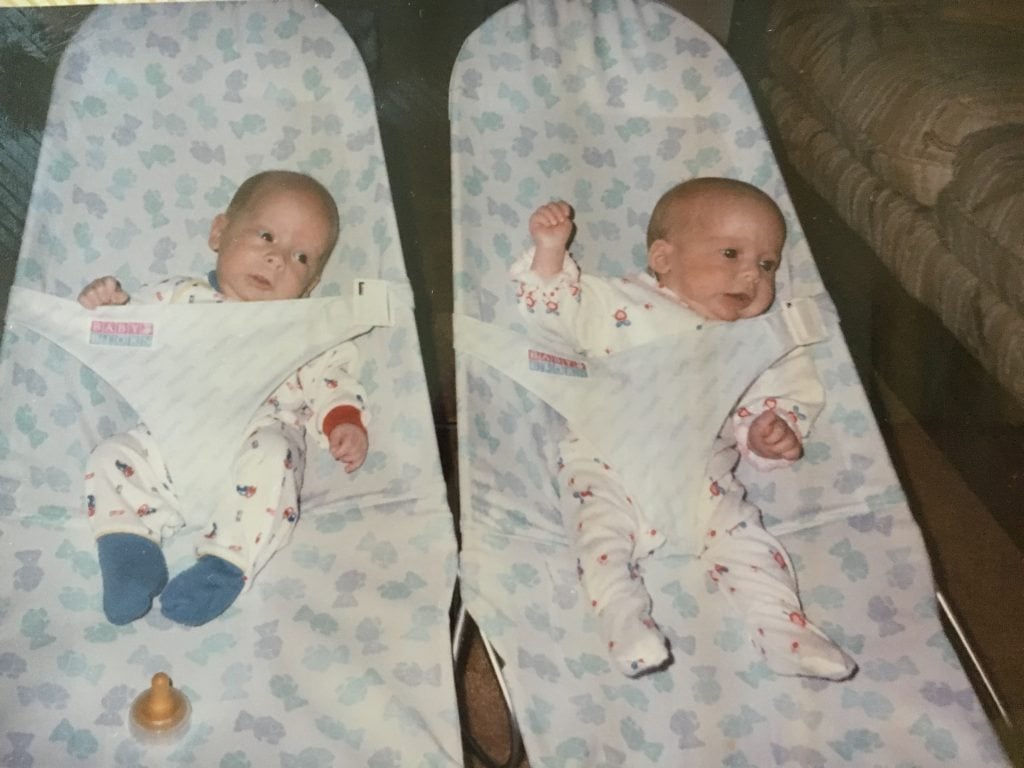
Not when you have multiples! Parents of multiples only wish that they could have the time to give their babies individual attention and a few breaks for themselves. Obviously, if you have older children, they have to share your time and attention as well, but when you are a twin, sharing is a completely different ball game and is something that you learn to do from day one. Twins share:
- Their birth day (the day they were born).
- Their celebrations, birthday cake, and birthday candles.
- The majority of their presents. (A lot of gifts are addressed to both of the kids aka “the twins”)
- The same classes.
- The same friends.
- The same teachers.
- The same clothes. (If you’re the same gender. As newborns – if it fits you and it’s clean, it’s yours.)
- Their room until probably an awkward age to still be sharing a room. (I’m speaking as a girl with a twin brother that shared a room until we were 13 – for two twin sisters or two twin brothers this could be less awkward).
The list goes on and on. Sharing is just a part of your life from the moment you are conceived. I mean, you even also had to share the same womb at the very same time with another little human. There is nothing in the world more bonding than that.
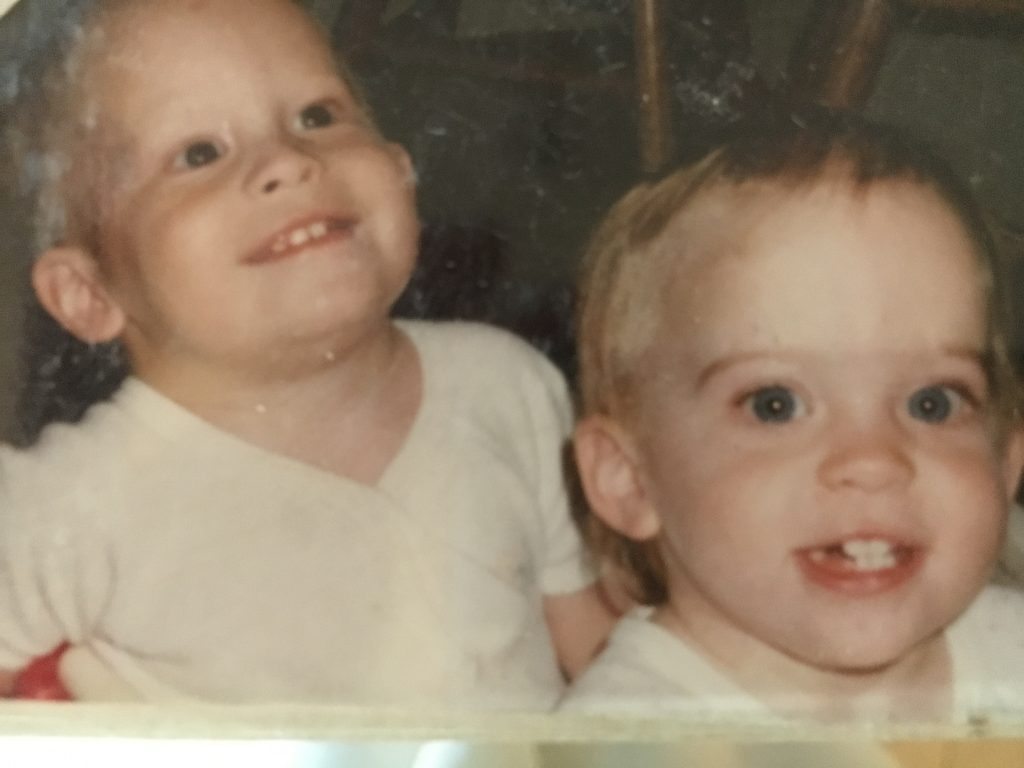
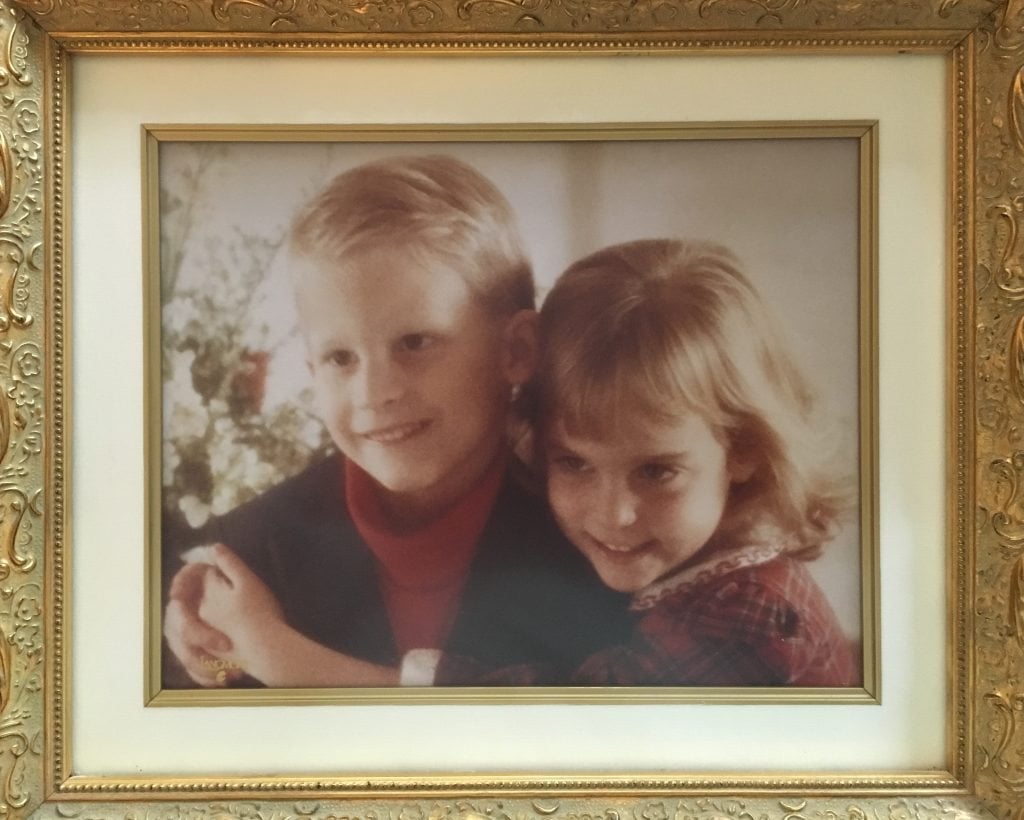
But with all of the sharing and extremely little (if at all) alone time being a twin, there is an upside! You constantly have a buddy there that is your pal for life. Ian, my twin brother, has taught me so much in our (almost) 30 years of life. I believe that he has taught me and continues to teach me much more than what the average twin sibling experiences and learns. The reason why I feel like I can say this is my twin brother has autism.
At the age of three, Ian was diagnosed with Pervasive Developmental Disorder (PDD) which means that he experienced delays in the development of basic skills. This condition affects the ability to socialize with others, to communicate, and to use imagination. Children with these conditions often are confused in their thinking and generally have problems understanding the world around them. There are many, many different variations of autism and Ian’s is one of the many on the spectrum.
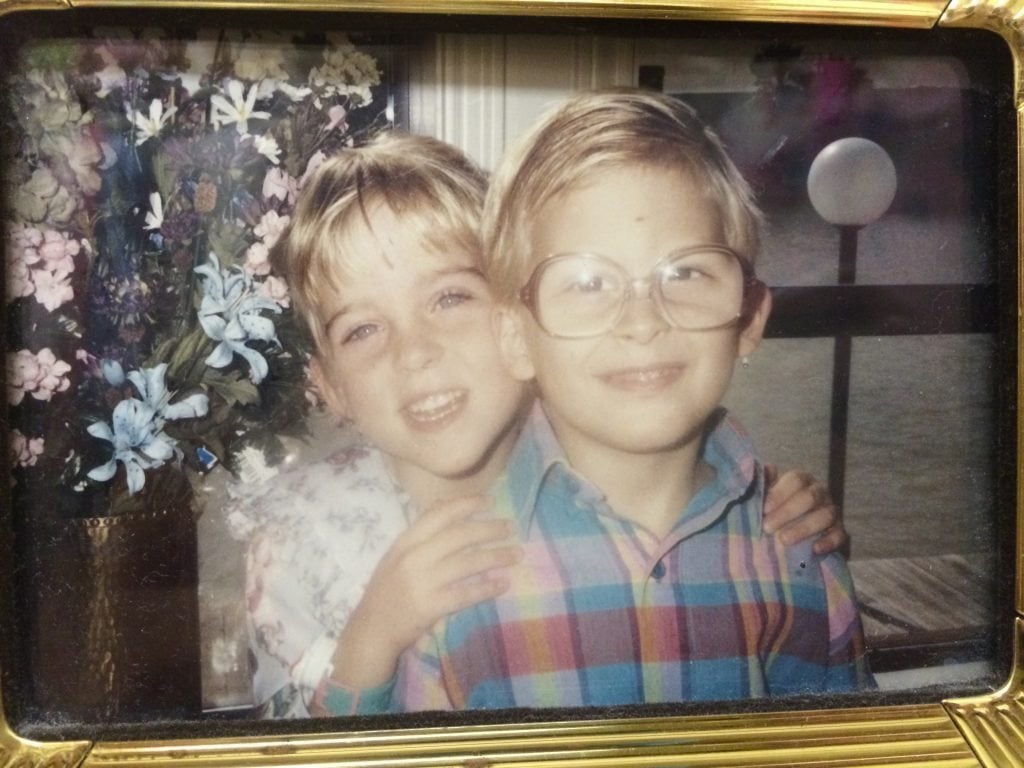
When you have a sibling that has autism, you learn so much about life at a much younger age. You learn how to love someone deeper for who they are, you learn how to appreciate the simple things about people and about life, you learn how to be a caretaker, and how to be selfless. You learn how to defend others that can’t defend themselves, how to be extremely patient and understanding of other people, and so much more. These are all things that I am incredibly grateful to have learned from Ian at such a young age. He literally grew up with me every single day of my life and I know that having him as a brother has shaped me into the person that I am today.
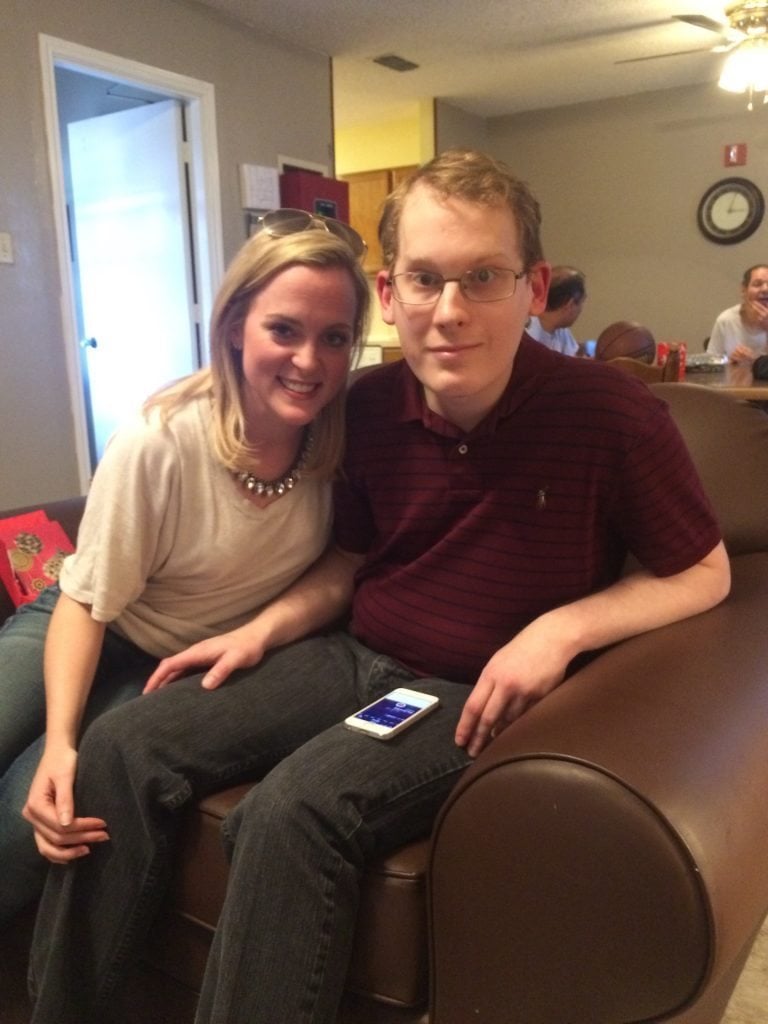
But I will say, when your twin, the person that was created with you and right beside you, has autism, things can be much more difficult for you and the whole family. Growing up with such a family dynamic can cause the other twin to experience some major growing pains. When you’re a toddler or a small child, being selfish is a normal thing. It’s hard at that age to understand that you can’t be selfish, you have to be “a big girl” and “help take care of your brother” when you are still trying to learn the basics yourself. When certain rules apply to you but they don’t apply to your sibling because he is developmentally different, it can be difficult. When the person that is a part of you requires even more care, time and attention than you, it can cause you to feel unloved and unimportant. Of course these feelings are the furthest things from the truth, but it is common to feel this way and have some resentment. I know this because these were the very feelings that I experienced growing up.
While perusing the internet, I noticed that there are so many different articles that talk about “how to parent/ raise an autistic child”, but there isn’t anything (that I’ve found) that addresses the other children. Having gone through being “the other child” myself, I thought that there has to be other families out there that are struggling with balancing their time and attention with their other children all while caring for their special needs child. This is why I wanted to share some of my experiences and recommendations that I believe will make your other children feel loved and important, too.
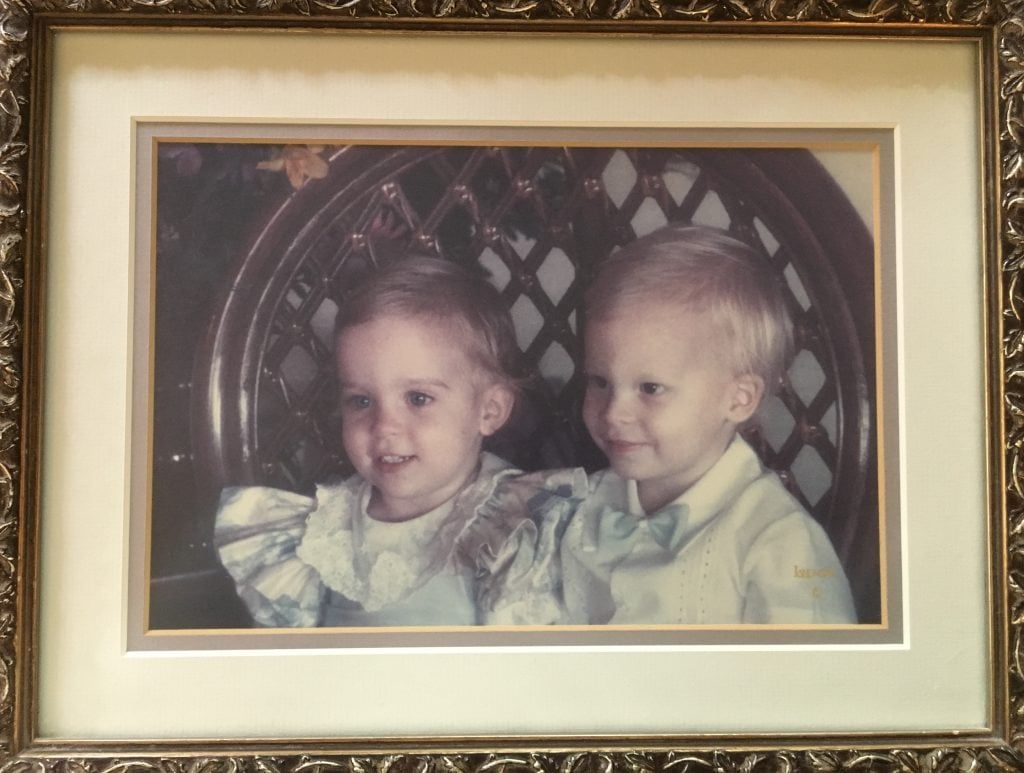
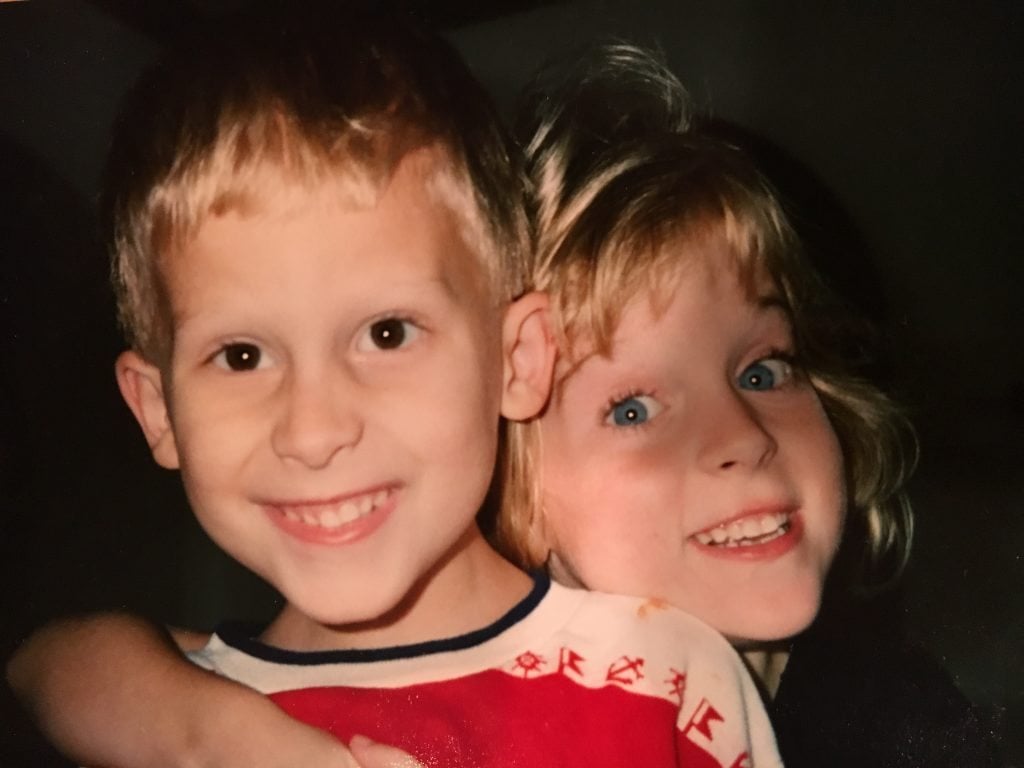
If you or someone you know has a child who has autism and you are afraid that your other children are not receiving the attention that you want to give them (whether they are acting out or not), here are 10 small things that you can do to make sure that your other children feel special.
1. Birthdays are a Big Deal.
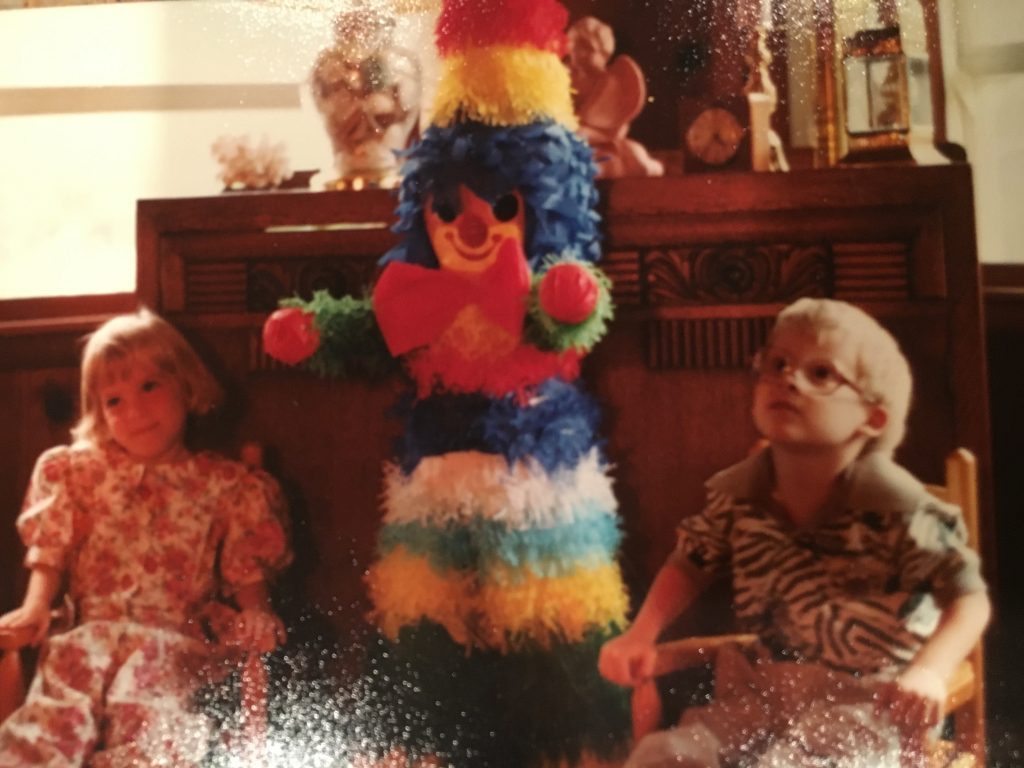
If you’re a twin, you already hate that you have to share everything. You even have to share your one day of the year; your birthday. Making two small birthday cakes, each for your birthday babes, goes a long way. (My aunt who has triplets does this for her kiddos.) If you don’t have time to bake and frost two cakes, put candles on two sides of one cake so that each of your birthday babies have their own candles to blow out. That was a trick that my mom would do.
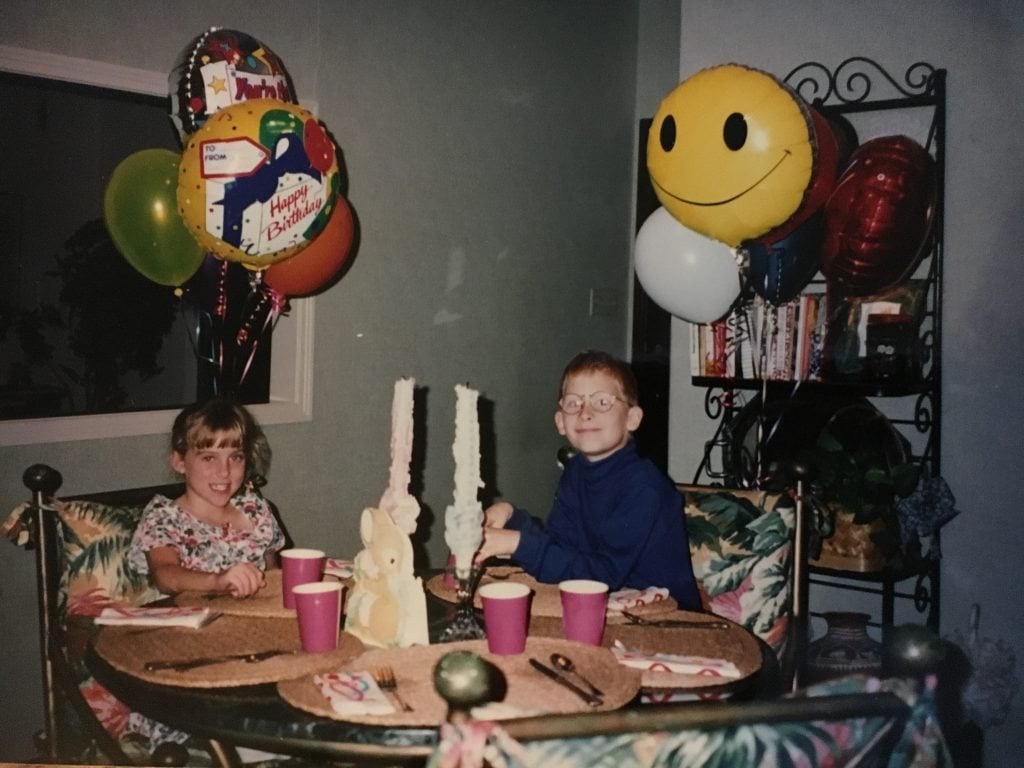
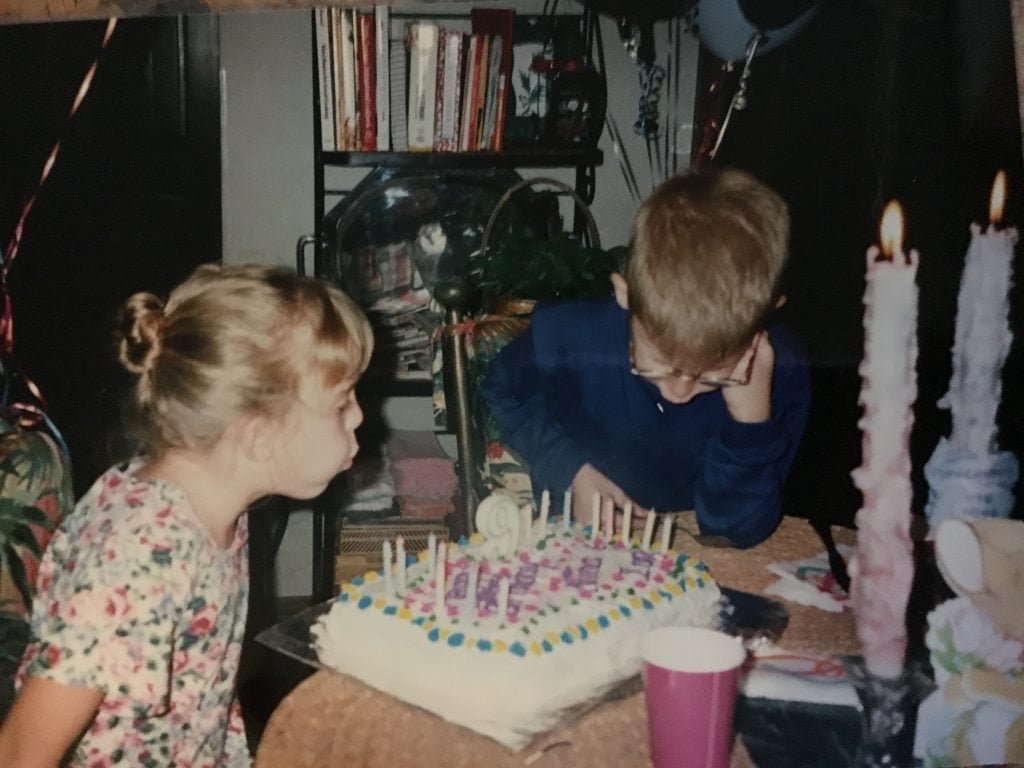
Also sing happy birthday to each of your kids. My family would sing to us twice; once saying Ian’s name and once singing my name. Doing little things like that make your child feel special on their special day. It’s the small things that children notice and appreciate.
As your twins get older, let them plan their own birthday parties. This allows them to feel like they do get their own day, that they have their own friends and their own presents. As a kid, these are the things that matter. Oh, to be a kid again. 🙂
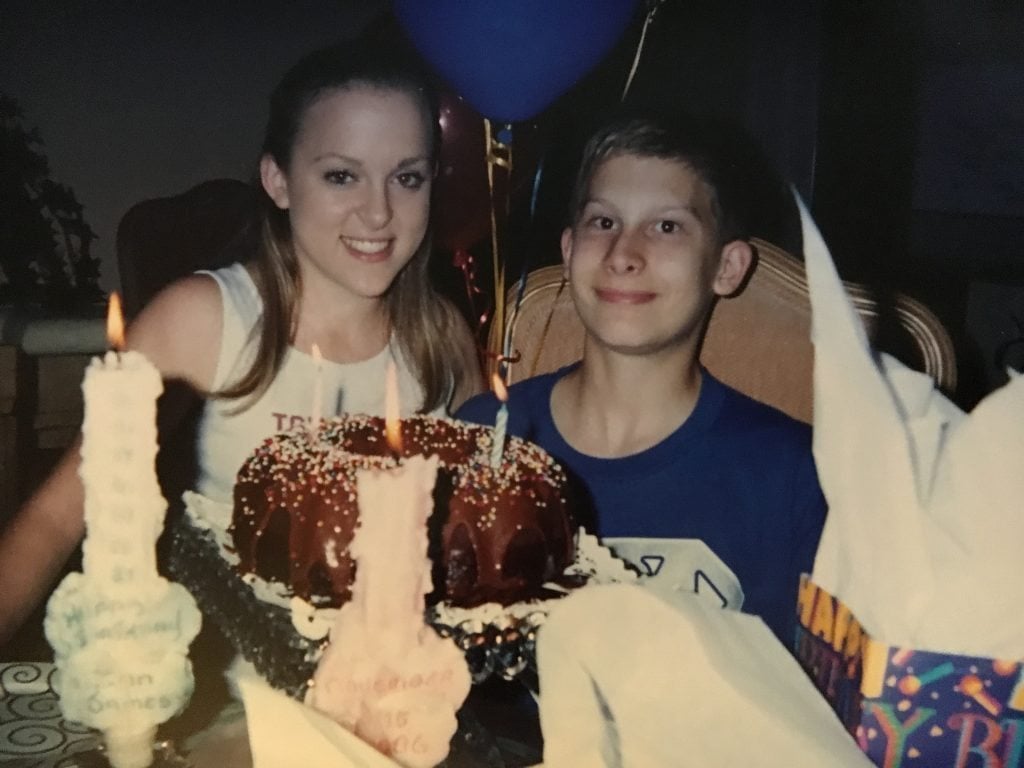
And if there are any presents that are addressed for both of the kids, “the twins,” divide them in half and let each child open the same amount of shared gifts. It meant a lot to me that my mother always made sure that things were equal between us both.
2. One-on-One Dates
All your children want is to have some of your undivided attention. With a special needs child, that can be difficult. This is why planning a one-on-one date for you and your other child/ other children, even if it’s only for an hour, where you get to do something fun with just them is a great way to not let them feel forgotten. You could go for a walk to the park or go on a bike ride, get ice cream, pick out a book at the book store. There are so many little activities that you can do with them; even watching a TV show or movie just with them. Tell them that this is your special time together – just the two of you. Those moments will be memories that your child will cherish forever.
3. Rotate Who Chooses the Meals
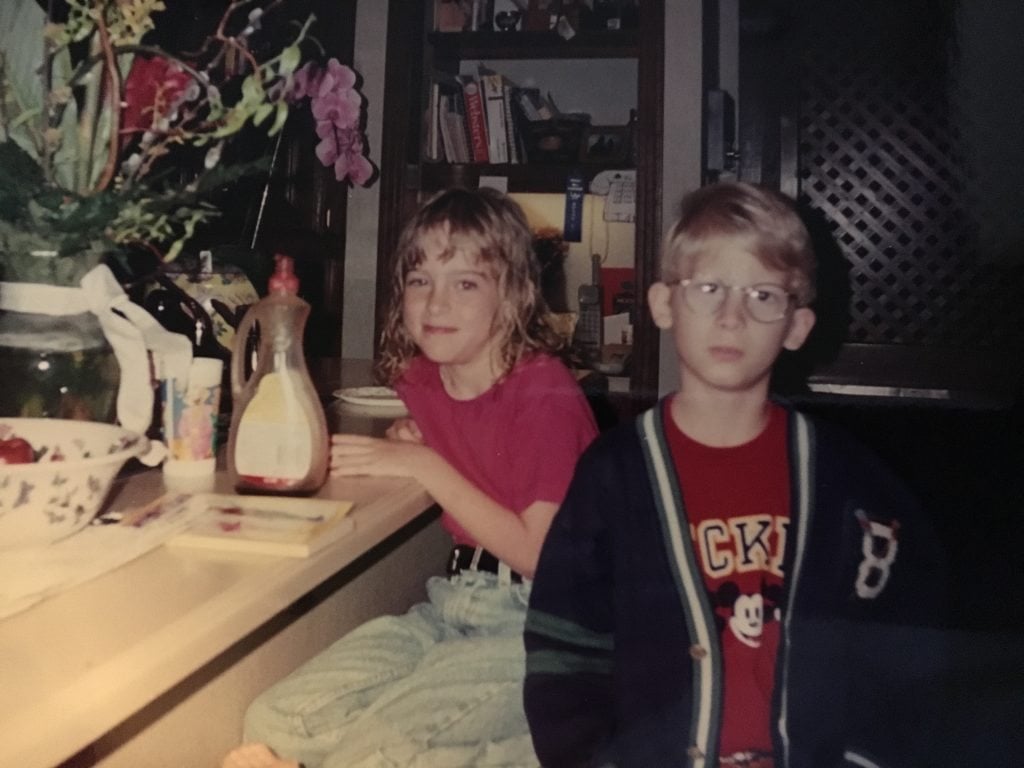
A lot of times families are having to make more than one type of meal for their children – especially if they have a special needs child. My mother never let us choose what we had for dinner, but she did let us choose what we ate for breakfast. Ian and I got to switch off every week and decide what we would eat for breakfast. We would plan this a week in advance so we knew what we were having every morning. We did this for years until we could make our own breakfasts.
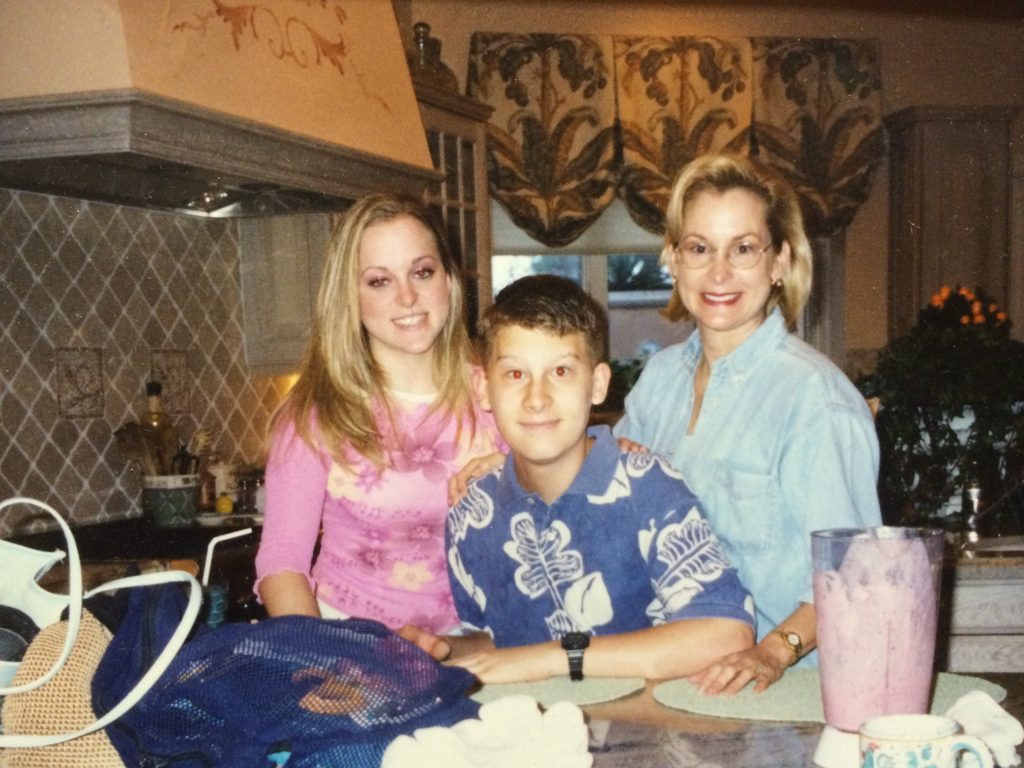
4. Words of Affirmation
Each day, remember to look each of your children into their eyes, hold them and say that you love them. Days can get busy and be so draining with all the appointments and therapies that you have to go to with your special needs child so I recommend that right before your children go to sleep, remind them that you love them. It’s also great to say every now and then that they are beautiful, to talk about their strengths, and what makes you so proud to be their parent. When you all are constantly doing things that your child with autism needs, big hugs and encouraging words go a long way for your other children.
Being a sibling of a special needs child sometimes makes you feel like you are not enough since parents are needing to focus the majority of their time on their sibling. Loving words will help build your child’s confidence, self-worth, and feel valuable in your eyes.
5. Listen
During the day, things can be so hectic that it’s hard to give your children your undivided attention. You wouldn’t get anything done otherwise! Try to create a time during the day when you can listen. My mother would do this at bedtime right before we said our prayers. This taught me that even when she was busy with my brother, I could always go to her to talk if I ever needed anything or wanted help.
6. Different Activities
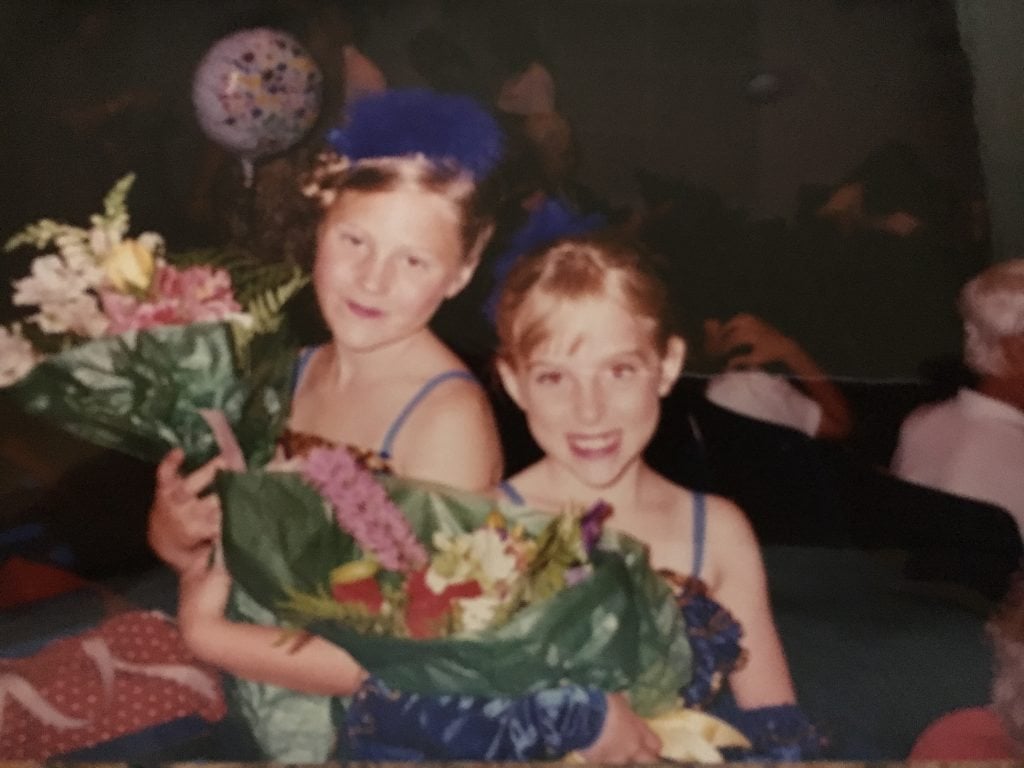
If you want your kids to have extracurricular activities, try to get them involved in different activities. If your special needs child and other children are in the same ones and in the same class, your other child(ren) might feel insecure. Why, you ask? They, more than likely, will be watching how others treat their sibling and are ready to defend their brother or sister to the death! Maybe not to the death, but they want to make sure that their brother or sister are okay. Children can be terrible and so mean! This then doesn’t allow them to let loose and have fun because they are constantly thinking about what the other children are thinking and saying. Because of this, it can create insecurity and a major need for acceptance. When your children are in their own activities they can make their own friends, find their own strengths, and feel free to be themselves.
7. Get Active
If you have a child that has autism and your other child is involved in activities, get active with one of their activities too! (If you can.) If they are in Boy Scouts or Girl Scouts, be their scout leader or be the coach for their little league team. Showing that you are invested in the things that they are doing, (not just going to their sibling’s appointments) will make them feel that their interests and activities are important too.
If this is impossible because your work schedule won’t allow it or you have too many kiddos to be that involved, the most important thing you can do is show up. Go to their games, their recitals, their try-outs, their plays. Having a parent that doesn’t show up can crush their heart.
8. Equality (As Much As Possible)
I know that this doesn’t apply to every family with a child who has autism, but something that I appreciated that my parents did is that they treated us both equally. We had equal chores, we were rewarded and punished the same, etc. Of course there are instances when things weren’t always equal, but I appreciated that they set the same boundaries for us both and made us feel equally loved and equally important.
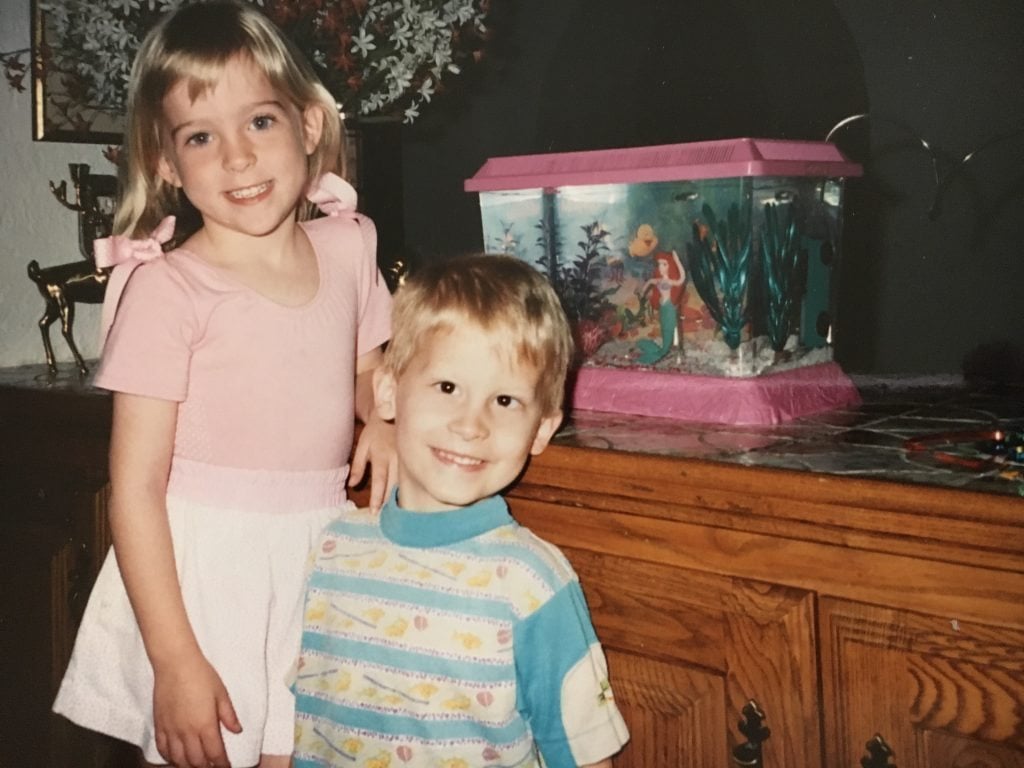
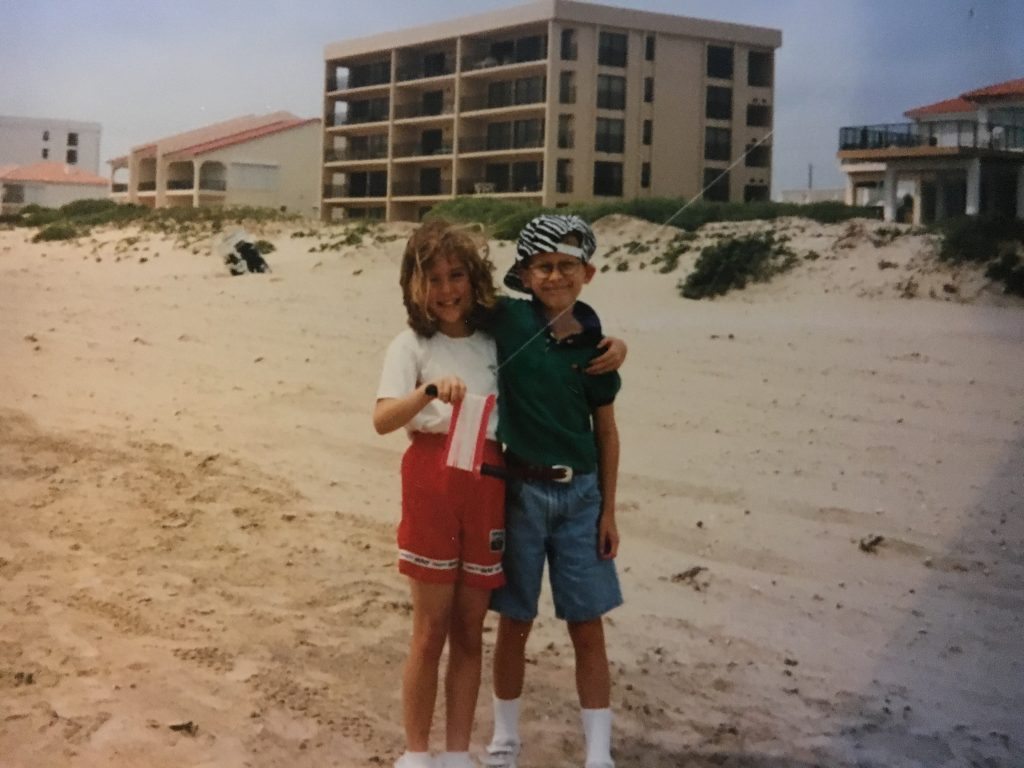
9. Meet Other Families That Also Have Twins and/or Children with Autism
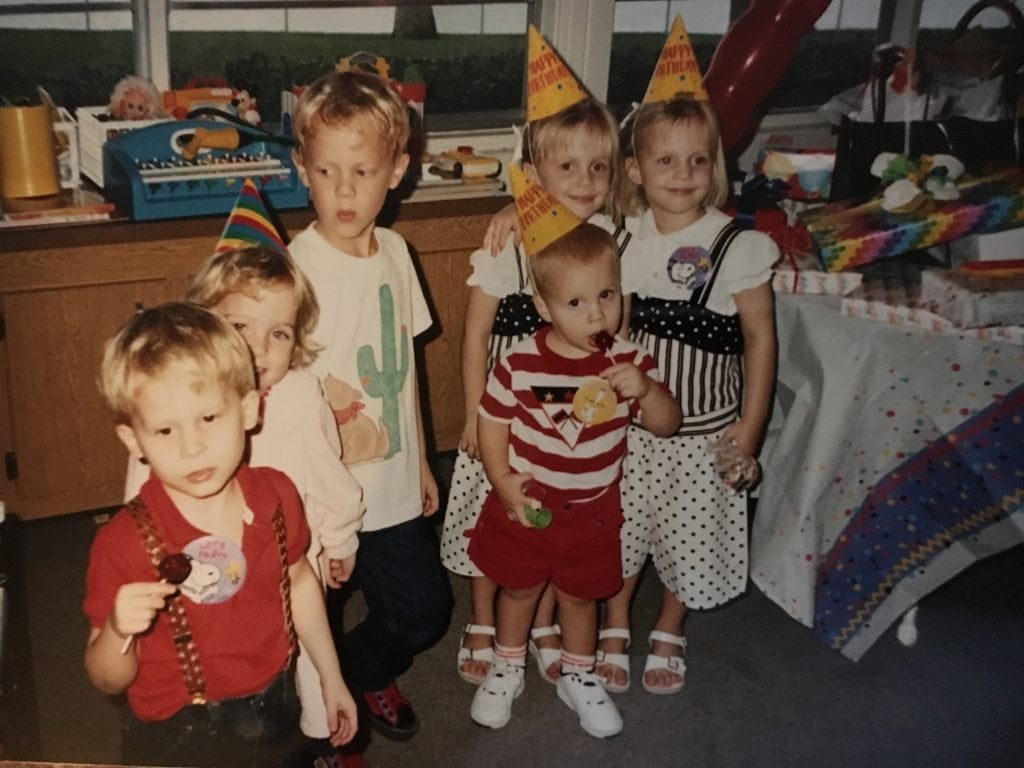
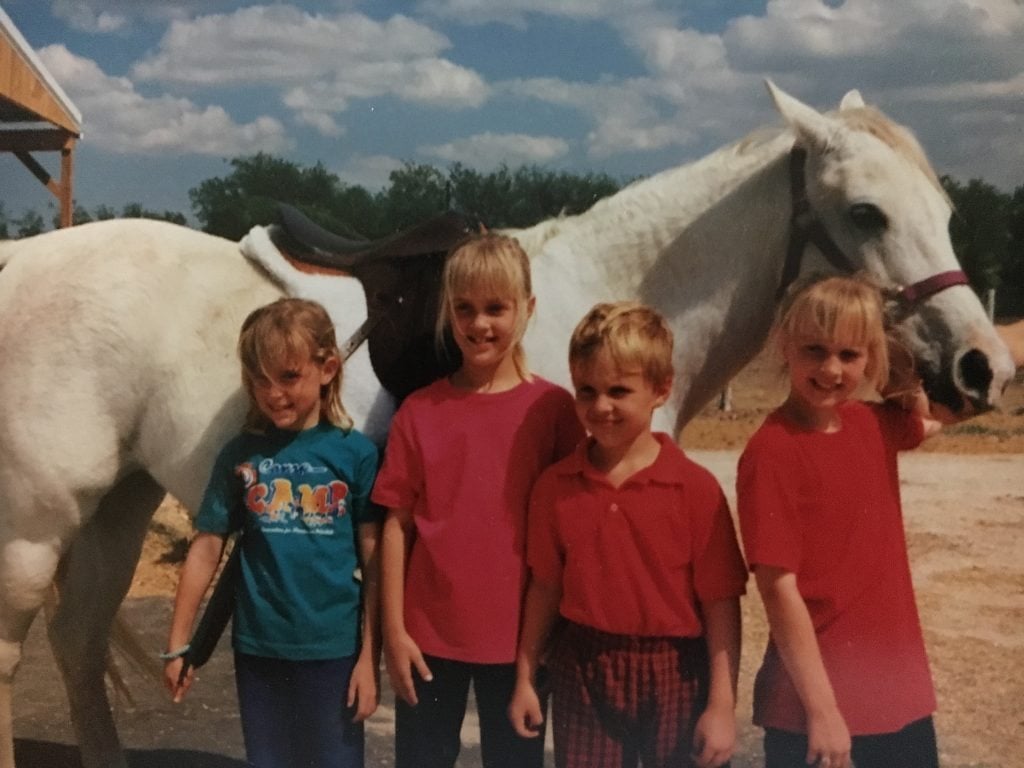
Your children want to know that they aren’t alone and aren’t the only ones who have these same family dynamics and struggles. My mother had my brother and me hang out with families that had twins and families that had children with special needs to show that we weren’t the only ones with these challenges. If you can find other families that have multiples or children with disabilities, that can really give your other children peace of mind, feel acceptance and even feel normal.
Also going to a camps like Camp CAMP each summer helped me meet other special needs children and their siblings. It was definitely a healing and fun experience every summer.
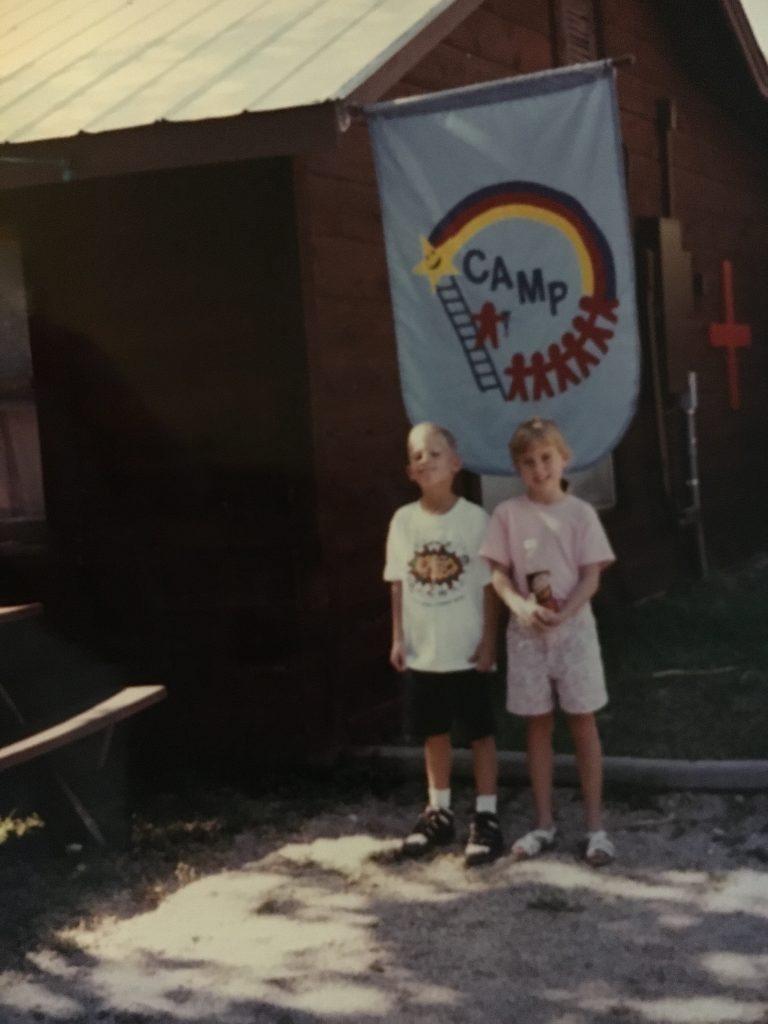
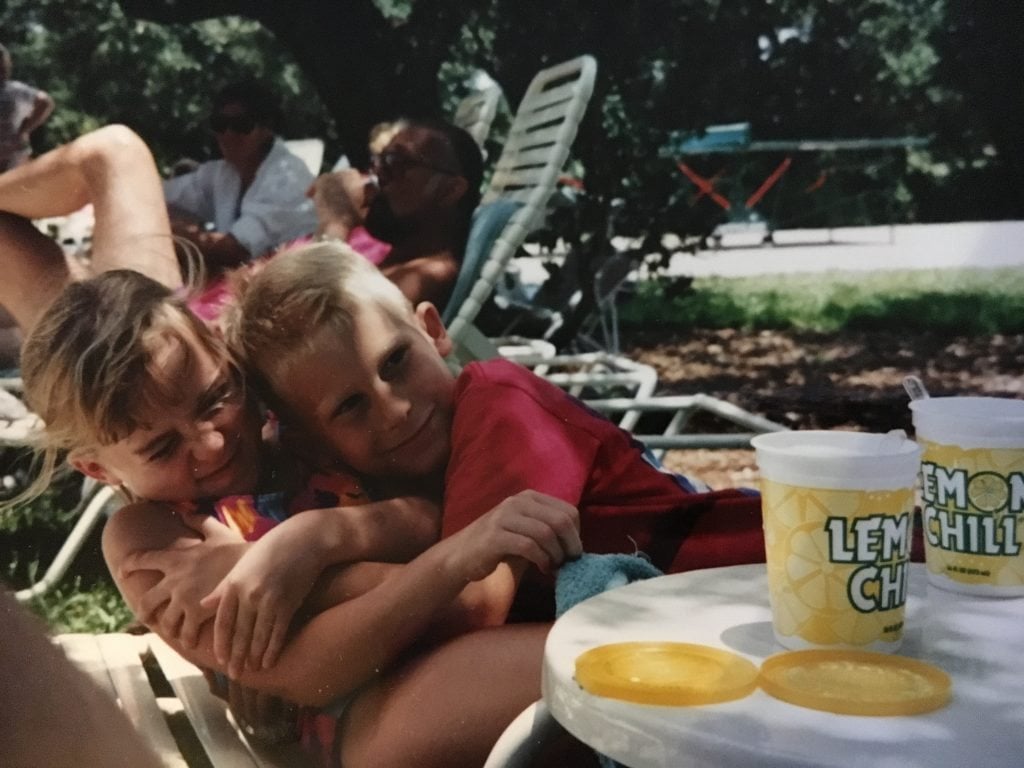
10. Family Counseling
Going to a counseling session with your other children is something that I definitely recommend to make sure that they learn how to properly communicate their feelings and emotions and to also make sure that they are feeling heard and feel loved. This doesn’t have to be weekly or even a monthly thing. Every now and then having a “check up” to see how your children are doing is always a good idea.
I know that these ten tips aren’t wildly creative or new ideas. They are probably things that families are already doing for their children. But just in case, I thought I would share my story of how autism has touched me and what I learned to inspire and share what worked for my family. I also want parents who have children with autism to understand what it’s like to be in the shoes of their other children and what they can do to make their other kids feel important. And finally, I want these families to know that they are not alone.
Overall, I love my brother and am so grateful to call him my twin. I love you, Ian!
